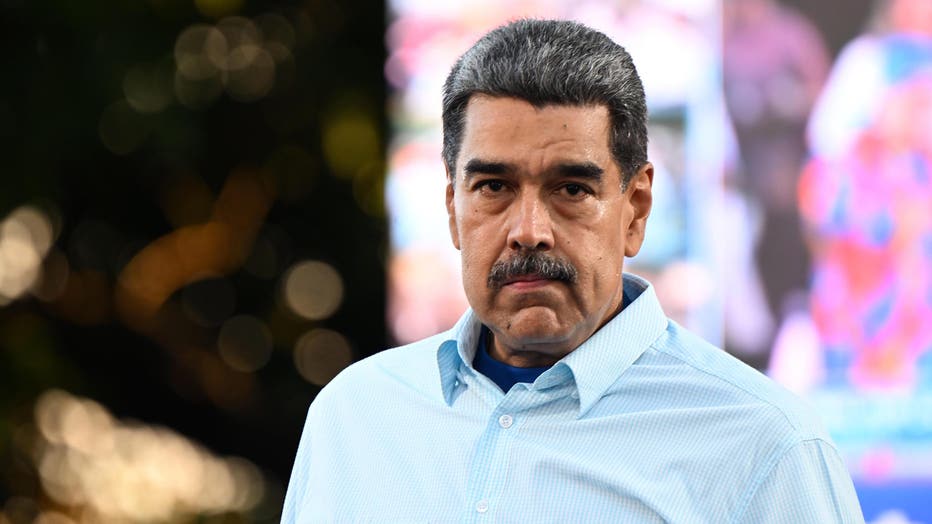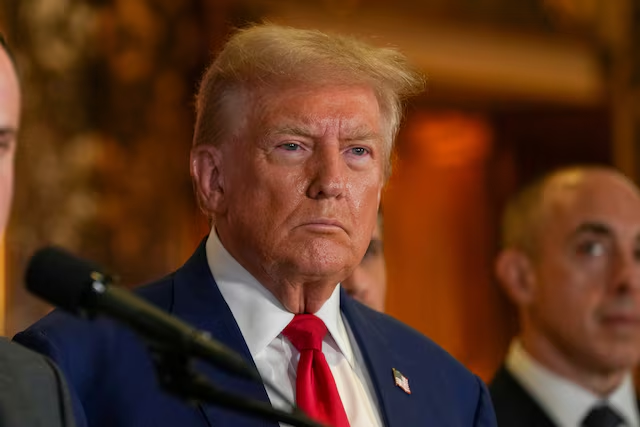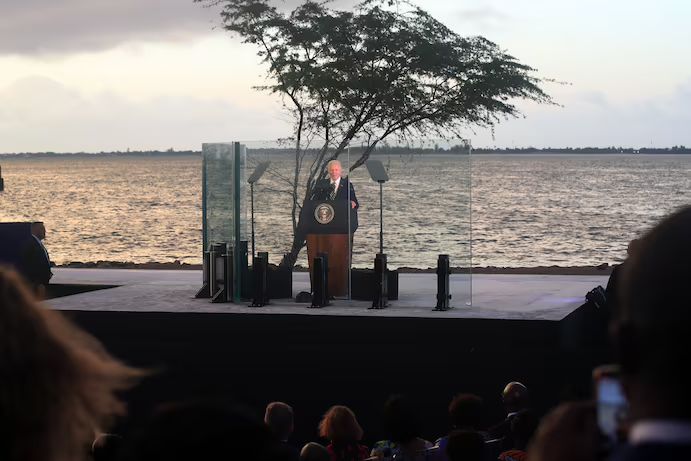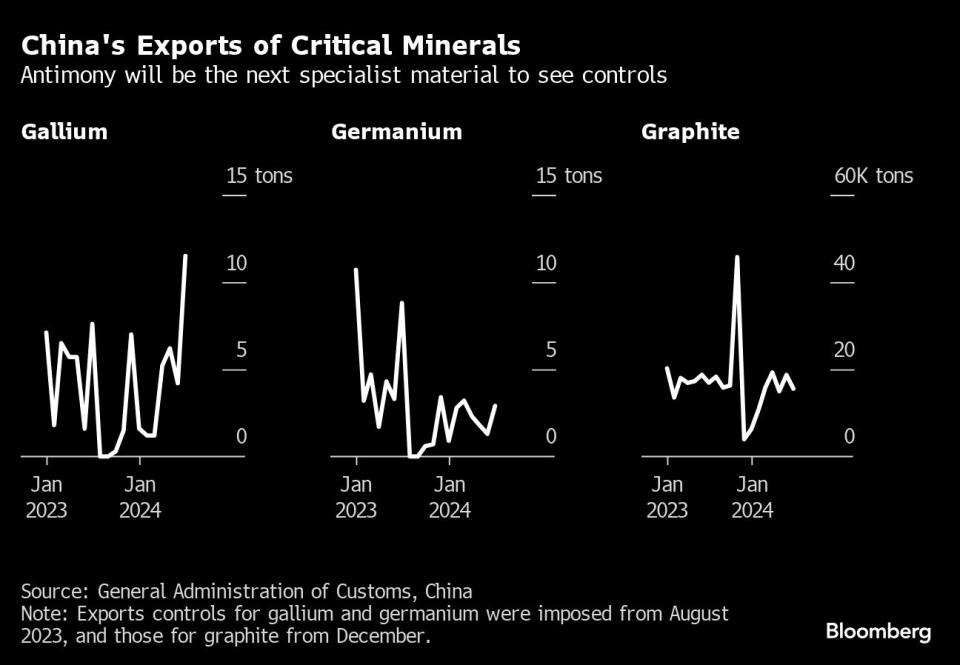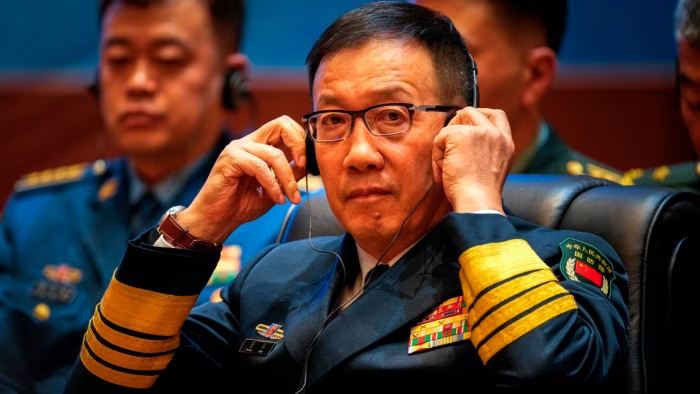U.S. Increases Reward to $25 Million for Information Leading to Capture of Venezuela’s Maduro
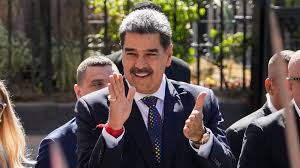
The United States has raised the reward for information leading to the capture of Venezuelan President Nicolás Maduro to $25 million, reflecting its ongoing efforts to hold him accountable for alleged corruption and involvement in drug trafficking. This move significantly escalates a long-running U.S. campaign aimed at ousting Maduro and destabilizing his government, which has been widely criticized for its authoritarian rule and economic mismanagement.
The U.S. State Department’s announcement comes after years of escalating tensions between Washington and Caracas, particularly under the leadership of Donald Trump and continuing under Joe Biden. The U.S. has long accused Maduro of running a corrupt regime and facilitating drug trade activities through his government. The new reward offer underlines the U.S. government’s continued stance against Maduro’s administration, which it views as illegitimate.
Maduro, who has held power since 2013 following the death of Hugo Chávez, has faced significant international pressure. The U.S. imposed sanctions on his government, as well as individual Venezuelan officials, and has recognized opposition leader Juan Guaidó as the legitimate president of Venezuela. Despite the U.S. stance, Maduro has managed to maintain control over the country, largely due to support from powerful allies such as Russia, China, and Iran.
The reward increase follows an indictment by the U.S. in 2020, when Maduro and other top Venezuelan officials were charged with conspiring to traffic cocaine and using their positions to support a criminal enterprise. The U.S. also accused him of leading a “narco-terrorism” operation, allegedly helping to flood the U.S. and other countries with illicit drugs. Despite these charges, Maduro has refused to relinquish power, even as Venezuela grapples with a severe economic crisis, hyperinflation, and widespread poverty.
The Venezuelan government has strongly rejected the U.S. accusations, calling them politically motivated and an interference in the country’s sovereignty. Maduro has also accused the U.S. of orchestrating a campaign of destabilization, using sanctions and other tactics to weaken the Venezuelan economy and undermine his leadership. He maintains that the U.S. is trying to force regime change in Venezuela through unlawful means.
While the U.S. offer of $25 million is the highest amount ever placed on Maduro’s head, it is not the first time the U.S. has sought to capture high-ranking Venezuelan officials. The U.S. had previously offered rewards for other key figures within Maduro’s inner circle, including his defense minister, Vladimir Padrino López, and other military officers. These efforts are part of a broader U.S. initiative, known as the “Rewards for Justice” program, which seeks to incentivize the capture of individuals accused of serious crimes, including terrorism, human rights violations, and drug trafficking.
This announcement is expected to further strain U.S.-Venezuela relations, already at a historic low. Maduro’s government has dismissed the reward as part of an imperialist plot to undermine Venezuelan sovereignty. Nonetheless, the U.S. seems determined to pursue its goals of removing Maduro from power, viewing his leadership as a destabilizing force in Latin America. The reward increase could intensify efforts by opposition groups and external actors to bring pressure to bear on Maduro’s regime, although the likelihood of his immediate capture remains uncertain.
The situation in Venezuela is complex, with political divisions, economic hardship, and humanitarian crises creating a volatile environment. The U.S. has indicated that it will continue its efforts to support Venezuela’s opposition, even as some Latin American countries and global powers argue for a negotiated solution that could ease the nation’s political and economic crises. The outcome of these competing efforts will likely shape the future of Venezuela, but for now, the reward offer marks a significant escalation in Washington’s pursuit of Maduro.


